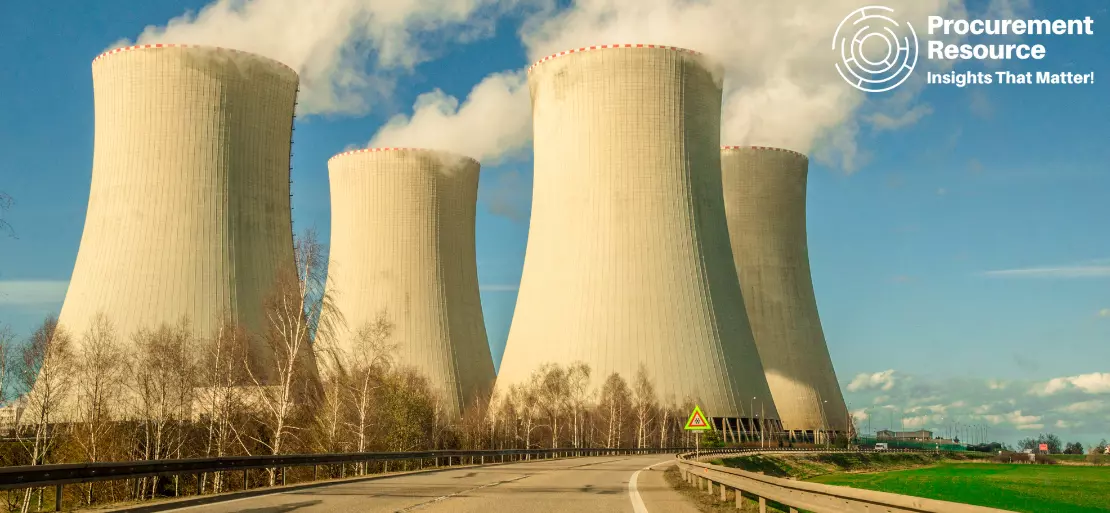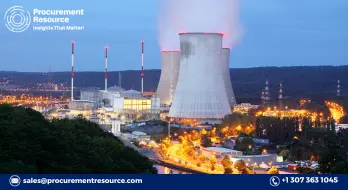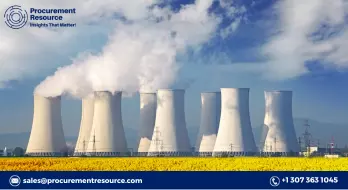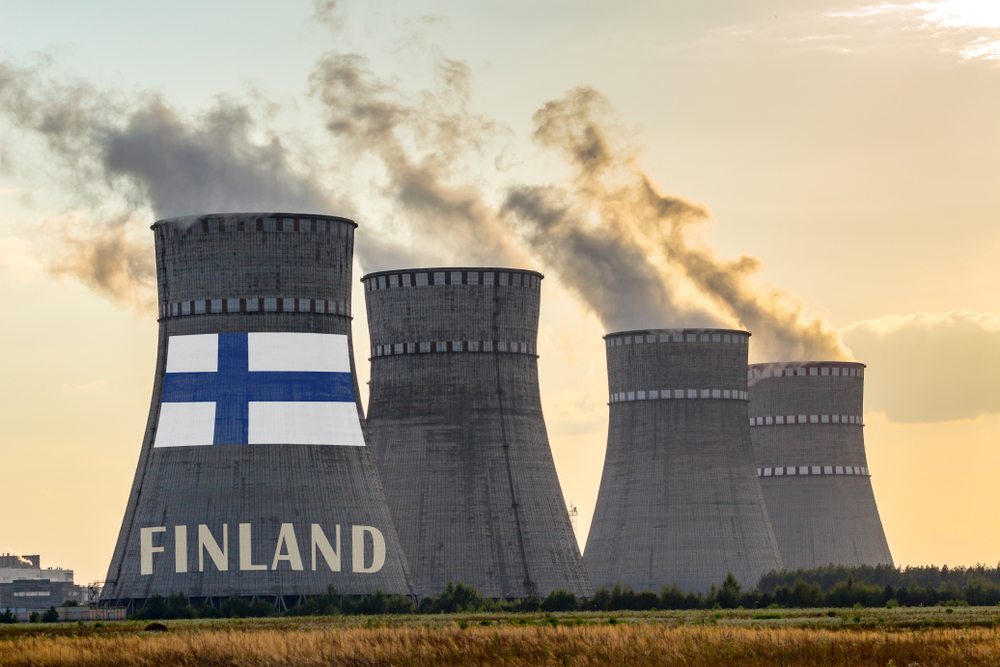Nuclear Energy: By the Year 2024, India will have Nine Nuclear Reactors

Minister Jitendra Singh responded to additional questions at the Question Hour, saying that unlike in the past, when nuclear reactors were restricted to a few states like Andhra Pradesh and Tamil Nadu, the department has now expanded northwards. According to the government, India will have nine nuclear reactors by 2024. The first nuclear plant in northern India will be built 150 kilometres from Delhi in Gorakhpur, Haryana.
Jitendra Singh, Minister of State for Personnel, Public Grievances, and Pensions, stated, that by 2024, the nation will have nine nuclear reactors, plus 12 new ones with a capacity of 9000 MW that was sanctioned during the COVID-19 era.
Furthermore, five more sites have been located in various locations around the country. During the Question Hour, he responded by saying that, unlike in the past, when nuclear reactors were restricted to a few states such as Andhra Pradesh and Tamil Nadu, the department has expanded northwards.
As Singh is the Minister of State in the Prime Minister's (PM) Office, he notified that they would build a nuclear plant in North India, the first of its type, just about 150 kilometres from here in a bit of township named Gorakhpur in Haryana.
The minister said that they have not only expanded the number but are also striving to establish a pan-India generating project when asked whether the government is considering phasing out nuclear power facilities due to safety concerns.
According to the minister, nuclear energy would soon emerge as one of the most significant sources of alternative or clean energy to meet the country's growing power demand.
In terms of cost, Singh stated that while it varies from plant to plant and depending on the facility's age, it costs around INR 3 per unit, while the Kudankulam plant costs around INR 4 per unit and Tarapur costs less. However, he predicted that the cost would decrease when other plants were added.
Singh mentioned that a bulk approval of ten indigenous reactors was done in a single cabinet decision during this government's mandate, which is a record and has never happened before in the history of independent India.
Singh also told the upper house that the prime minister decided to allow the atomic energy department to enter joint ventures, which had never happened before. The insurance pool has also been increased to promote the establishment of new projects and overcome the financial constraints faced in such situations.
The minister stated that hopefully, in 2021, they aim to start the building of unit 5 and unit 6 and the Kudankulan nuclear reactor expansion. During the current government's two terms, he claims the Kudankulam plant would have six units. Still, just the first unit was under construction during the previous UPA administration.
According to Singh, power was generated at a rate of 38,336 mega units in 2017-18 and 46,472 mega units in 2020, despite the Covid epidemic. He added that they enhanced electricity output by more than 4000 mega units in nuclear programmes under Covid.
Despite the COVID-19 pandemic, the Kudankulam plant has been gradually demonstrating new structures and generation due to the extra encouragement given by the prime minister to the development of atomic energy generation and the building up of new reactor units.
Responding to a query on whether the atomic energy industry has seen budget cuts due to Covid, the minister stated that in 2019, the Prime Minister decided to provide them with an INR 10,000 crore budget every year. They received a budget of INR 17,796 crores. According to him, the budget would be increased by INR 10,000 crores every year for the next ten years.
Furthermore, the minister stated that, formerly, most of the nuclear projects were backed by Russia and France, but that now, more and more of their reactors are being built in-house.
DAE recommended a budget of INR 17,796.24 crores for capital expenditure in 2021-22, whereas BE 2021-22 approved a budget of INR 11,403.20 crores. However, there is a shortage of INR 6393.04 crores.
According to the minister's written response, due to the COVID-19 Pandemic, the situation at Project locations did not normalise until the first part of 2021-22. As a result, no significant negative impact on the progress of several existing projects is expected.



